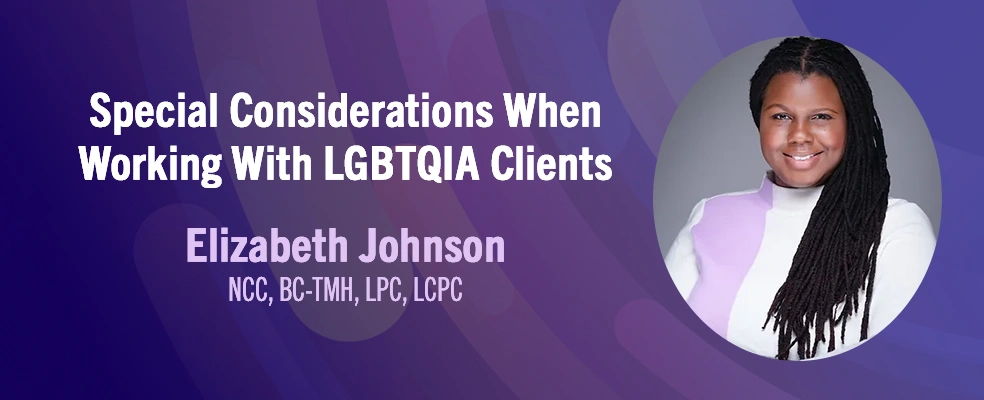Celebrating Pride

Pride is the awareness of your own dignity, self-esteem, self-worth, and the experience of pleasure at the achievements of oneself and their community - the LGBTQ+ community. Pride is the antithesis of shame and social stigma. Queer people confront shame on a daily basis. We receive messages that “we are bad”. Our bodies, our gender expression, our sex, and our sexuality is wrong. We deal with any number of phobias (homophobia, transphobia, bi-phobia, etc.) and the normative pressure from members of the larger society. Starting in early childhood the pressure to conform to society’s norms and expectations are often in form of name calling, humiliation, bullying, offensive language and jokes, sometimes even physical assault.
Author and fellow therapist Joe Kort describes these behaviors as being a part of Covert Cultural Sexual Abuse, which he defines as, “the chronic verbal, emotional, psychological, and sometimes sexual assaults against an individual’s gender expression, sexual feelings, and behaviors.” This kind of assault leads to feelings of shame and low self-esteem, internalized anger, and minimization of oneself. Furthermore, shame leads to keeping secrets and hiding. Hide who we are, who we are attracted to, hiding our bodies, hiding our sexual expression.
As a queer therapist working within the queer community on issues of sex, relationships, and substance use, I work with many folks who are dealing with this kind of shame. Shame with coming out, how their body looks, shame about being in an open relationship-or even a closed relationship, or enjoying non-traditional, “kinky” sex.
Well, here is the interesting dynamic between shame, secrets, pride and self- disclosure: The causality is reflexive. That is, shame leads to secrets, pride leads to self-disclosure. However, the opposite is also true. Secrets lead to shame and isolation, while self-disclosures lead to greater connection and pride. To fight shame, we need to safely self-disclose, increase connection to others, and appreciate who we are.
In the 1950’s and 1960’s there were very few places where LGBTQ+ individuals could be open about who they were. Even to dance with someone of the same sex could lead to an arrest, however there were a few bars where the owners would allow it. These bars were often subject to police raids, arrests, and sometimes beatings. On June 28, 1969, in the early hours, such a raid occurred at the Stonewall Inn, a bar in Greenwich Village, NYC. During the raid and subsequently several nights afterwards the LGBTQ community rioted and marched in the streets. The following year, in June of 1970, the first gay pride marches were held in commemoration of the riots.

Our current Pride events were born from these riots. An exclamation that we do not have to hide in the dark. We do not need to feel shame about who we are, who we love, who we have sex with, nor are we all some stereotype.
Given the current political climate, with an American Presidential decision to not gather census data on the LGBTQ+ community, ongoing violence against the LGBTQ+ community, especially the trans community, and the discovery of Chechnyan gay concentration camps, it is just as important as ever, that we take pride in who we are, that we come together with our allies, to be seen and accounted for.
So, raise your flag and march on. You’re in good company!
If you would like to talk more about pride and shame,
Because we specialize in the unique needs of the LGBTQ+ community, you know we’ll understand your situation. Call or email one of us today.
____________________________________________
Resources:
The Velvet Rage: Overcoming the Pain of Growing Up Gay in a Straight Man’s World, by Alan Downs, (2012)
The Gifts of Imperfection: Letting Go of Who You Think Your Supposed to Be and Embracing Who You Are, by Brene Brown, (2010)
Gay Affirmative Therapy for the Straight Clinician, by Joe Kort, (2008)






















